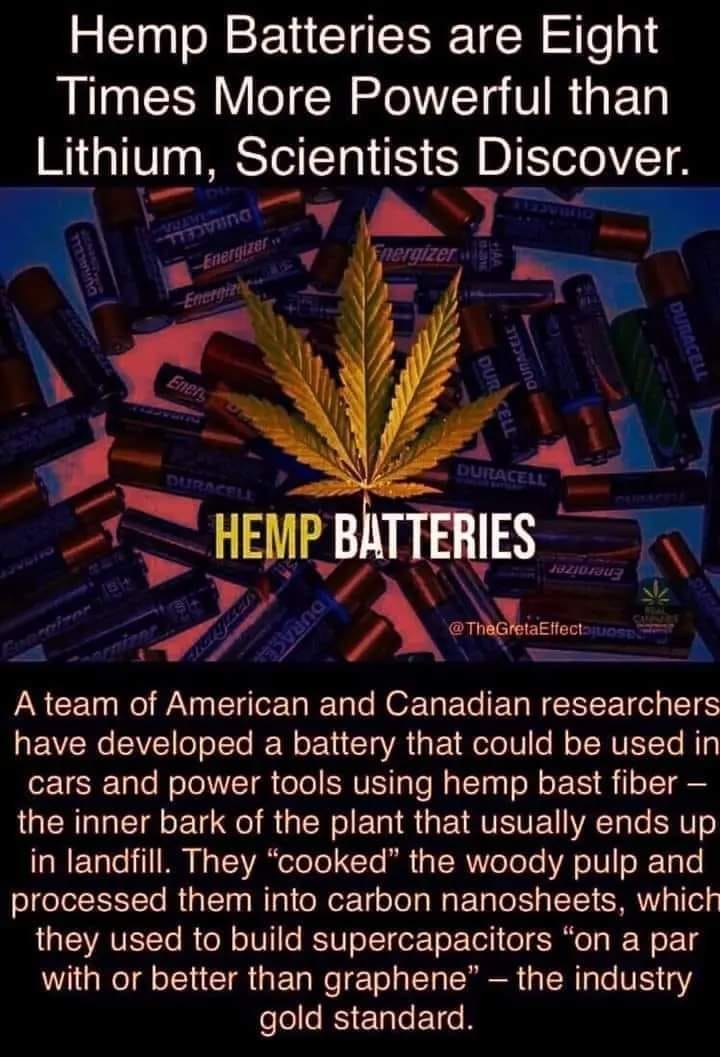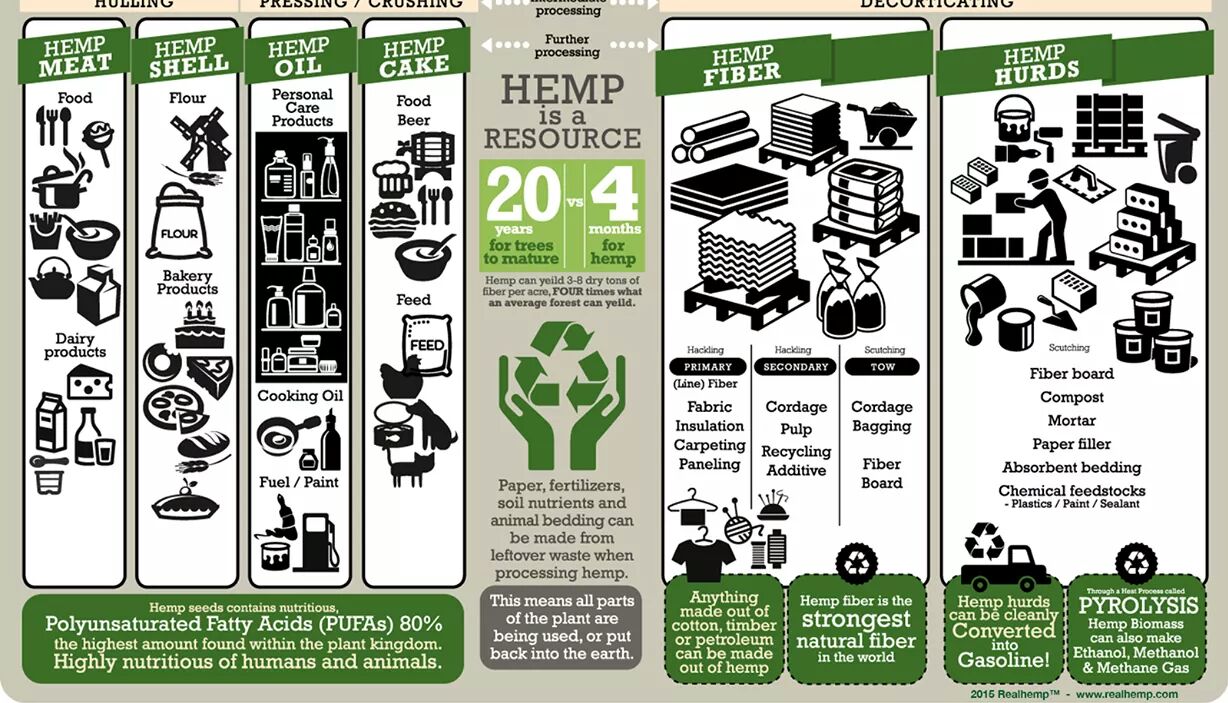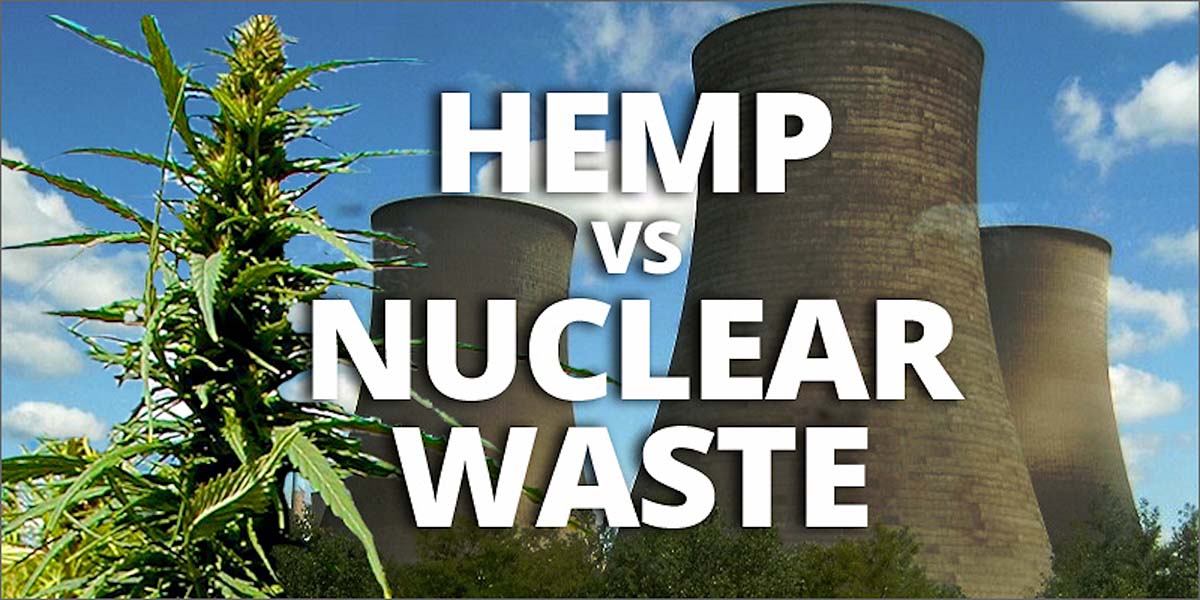
Hemp is a versatile plant that has vast potential for use in textiles, construction materials, biofuels, and more. With the legalization of hemp cultivation in many countries, there is a growing interest in revolutionizing hemp production to meet the increasing demand for sustainable and eco-friendly products. Small-scale solutions have emerged as a viable alternative to large-scale industrial farming, offering numerous benefits and challenges that are worth exploring.
Small-Scale Solutions: Benefits and Challenges
Small-scale hemp production offers several benefits, including increased crop diversity, reduced environmental impact, and improved community engagement. Small-scale farmers can cultivate a variety of hemp strains tailored to local conditions, improving crop resilience and reducing the risk of disease and pest outbreaks. Moreover, small-scale hemp production can reduce the carbon footprint associated with industrial farming, promoting sustainable land use and preserving biodiversity. However, small-scale farmers may face several challenges, such as limited access to capital, lack of technical expertise, and regulatory barriers that can hinder their operations.
Innovative Hemp Cultivation Techniques
Innovative hemp cultivation techniques can help small-scale farmers overcome some of the challenges they face in producing high-quality hemp crops. For example, techniques like companion planting, intercropping, and crop rotation can enhance soil health, reduce weed pressure, and improve nutrient uptake. Additionally, precision farming technologies like drones, sensors, and data analytics can help small-scale farmers optimize their crop management practices, increase yields, and reduce costs. These techniques enable small-scale farmers to produce high-quality and sustainable hemp products that meet local and international market demands.
Sustainable Practices and Resource Management
Sustainable practices and resource management play a critical role in small-scale hemp production, as they can help farmers reduce their environmental impact and improve their economic viability. Practices like organic farming, water conservation, and waste reduction can enhance the environmental sustainability of small-scale hemp production, while promoting soil health and biodiversity. Furthermore, resource management practices like composting, energy conservation, and recycling can help small-scale farmers reduce their operational costs, increase their productivity, and ensure long-term economic viability.
Local Markets and Business Opportunities
Small-scale hemp production can create local markets and business opportunities that benefit both farmers and consumers. By producing high-quality and locally-grown hemp products, small-scale farmers can tap into niche markets that value sustainability, transparency, and quality. Moreover, small-scale hemp production can foster community engagement, as farmers can establish direct relationships with consumers, share their knowledge and experience, and build trust and loyalty. This approach can create a more resilient and equitable hemp industry that benefits farmers, consumers, and the environment.
The Future of Small-Scale Hemp Production
Small-scale hemp production has the potential to revolutionize the hemp industry by promoting sustainability, innovation, and community engagement. By embracing innovative cultivation techniques, sustainable practices, and local markets, small-scale farmers can produce high-quality hemp products that meet the growing demand for eco-friendly and socially responsible products. However, realizing the full potential of small-scale hemp production requires a supportive policy environment, access to financing and technical resources, and strong community partnerships. As such, policymakers, farmers, and consumers have a critical role to play in shaping the future of small-scale hemp production.














